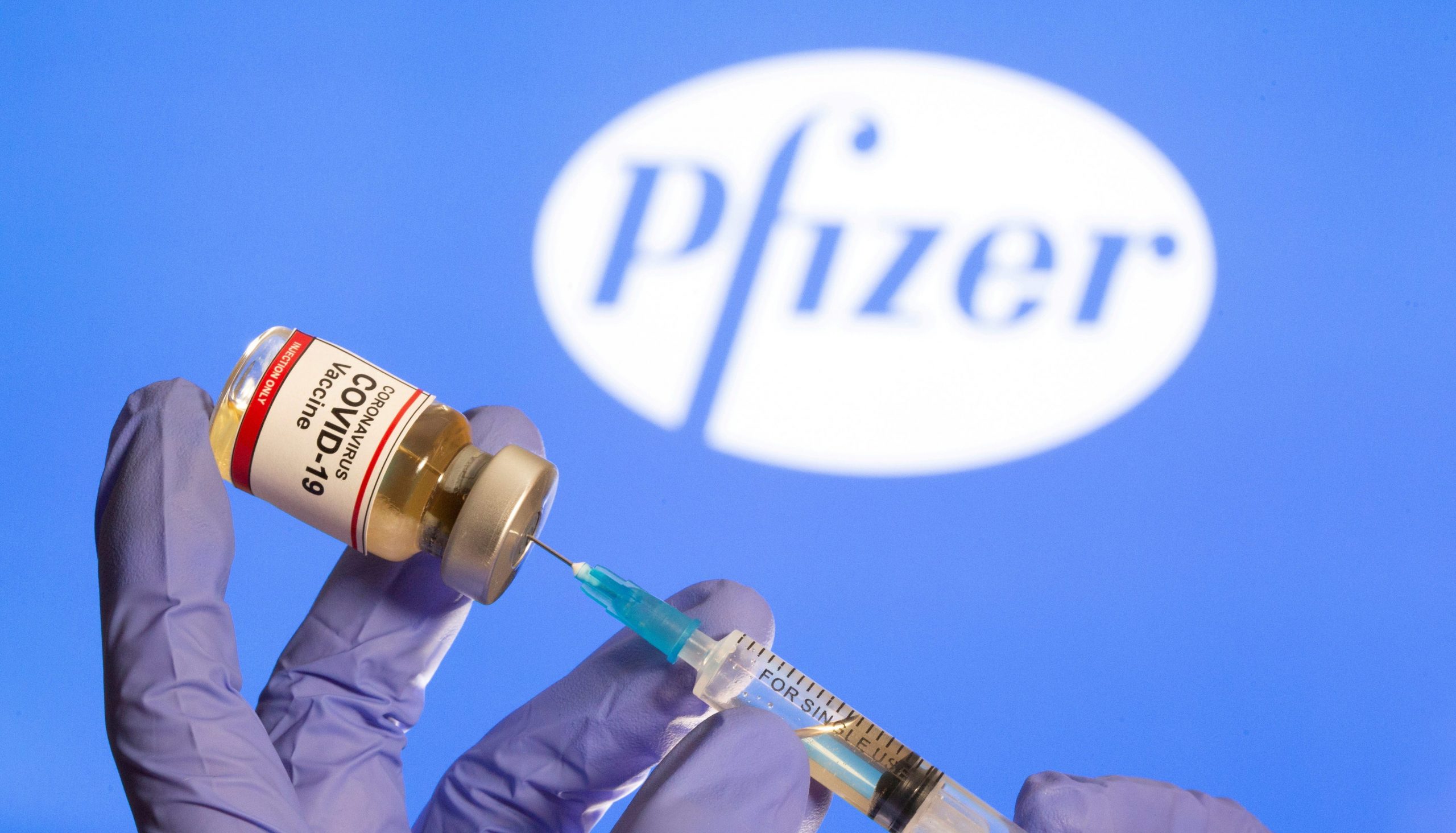
Dado Ruvic/Reuters
- Covid-19 vaccine forwarded vaccine science years, Pfizer’s CEO said, and now it’s time to use advances for other viral diseases, such as the flu.
- “We’ll be able to provide medical solutions for other devastating diseases,” the CEO said.
- The Pfizer BioNTech vaccine used a new method with messenger RNA to initiate the immune response. Moderna’s vaccine also used mRNA.
- Visit Business Insider’s homepage for more stories.
The Covid-19 immunization has advanced vaccine science by years, and now it’s time to use those advances “for the better of humanity,” Pfizer’s Chairman and chief executive Albert Bourla said at a conference hosted by JPMorgan on Tuesday.
“We accumulated scientific knowledge and technology and know-how of years,” he said. “We have developed infrastructure that normally would take years to be able to develop.”
Pfizer developed its Covid-19 vaccine, which is 95% effective in combatting the virus, with BioNTech, whose cofounder Ugur Sahin designed the vaccine in just a few hours last January, according to a podcast by Gimlet and The Wall Street Journal. The vaccine uses messenger RNA, a genetic material that tells cells how to make proteins. mRNA has never before been used in an FDA-approved vaccine.
Pfizer’s vaccine works by injecting a small piece of coronavirus mRNA into the body that codes for the virus’ spike protein. That protein is what helps the virus attach to and invade cells, and it’s what antibodies target. So the vaccine spurs the body to produce the spike protein internally in order to trigger that same immune response.
With all of the know-how developed in creating the vaccine with BioNTech,"we'll be able to provide medical solutions for other devastating diseases," Bourla said.
Burla also said the company would pursue new avenues for its pipeline within the year. He noted the flu vaccine as one such avenue, along with other viral diseases.
"We think that mRNA can completely disrupt the flu market because you can do things in weeks instead of months," Bourla said. "So as the flu market is changing every year with a new variant, this technology is ideal to be able to adjust to the latest news of the current strength and be much more effective as a result."
Moderna's vaccine, which has a similar effectiveness rate in combatting Covid-19, also uses mRNA to initiate the immune response. Both vaccines were approved last year with millions of people already receiving the immunization, though the rollout has been slow. At the JPMorgan conference, Moderna said it would deliver between 600 million and 1 billion doses in 2021, and Pfizer said it predicted it would produce 2 billion this year.
